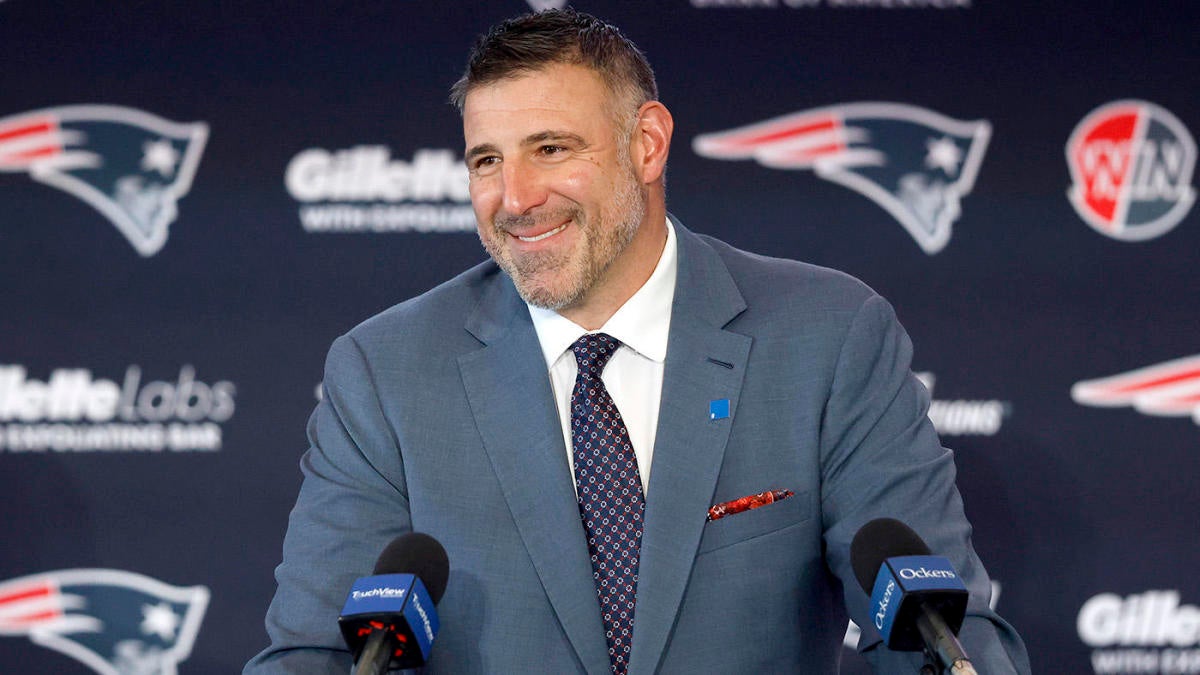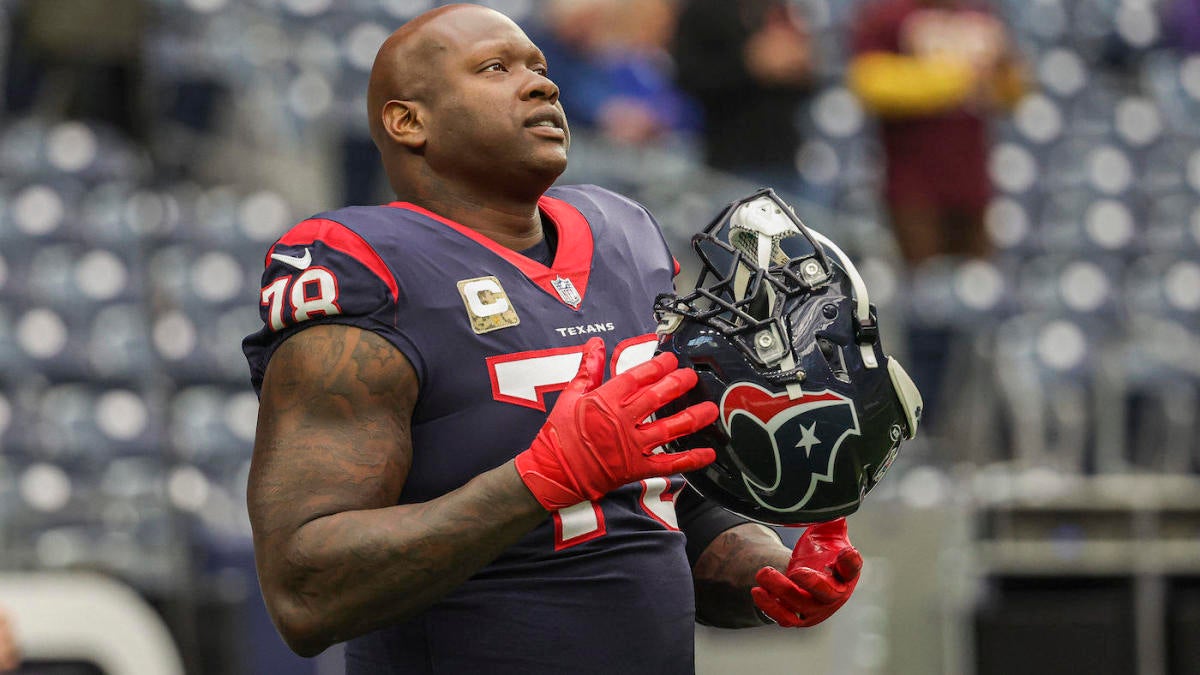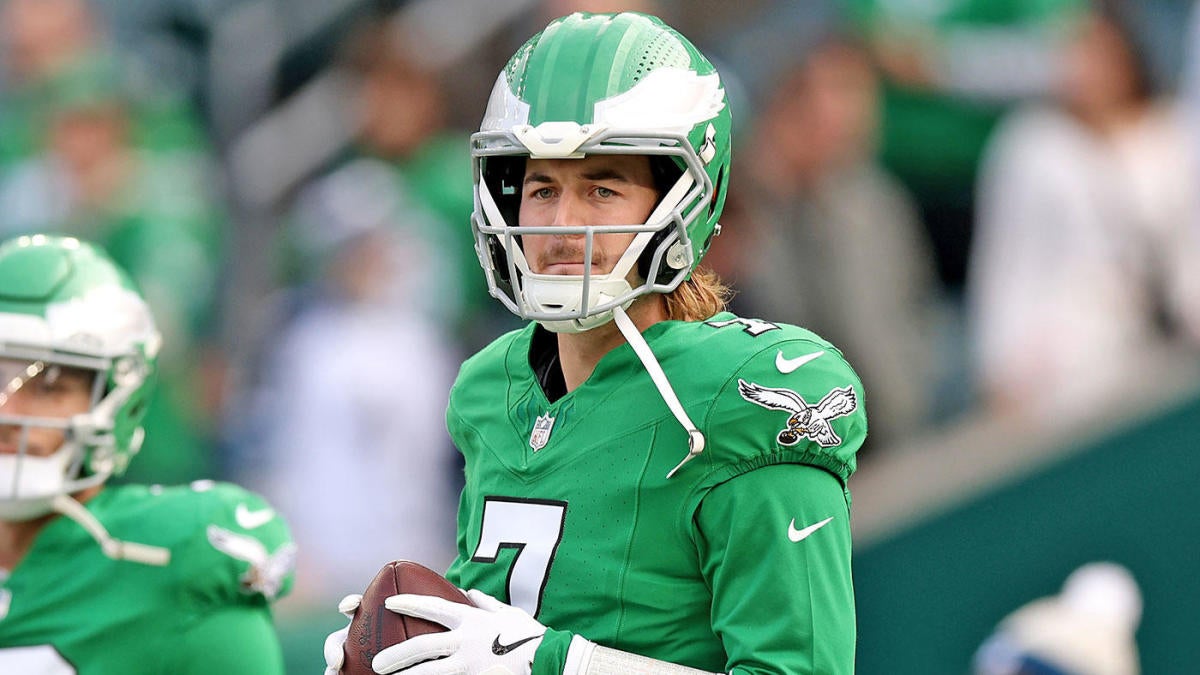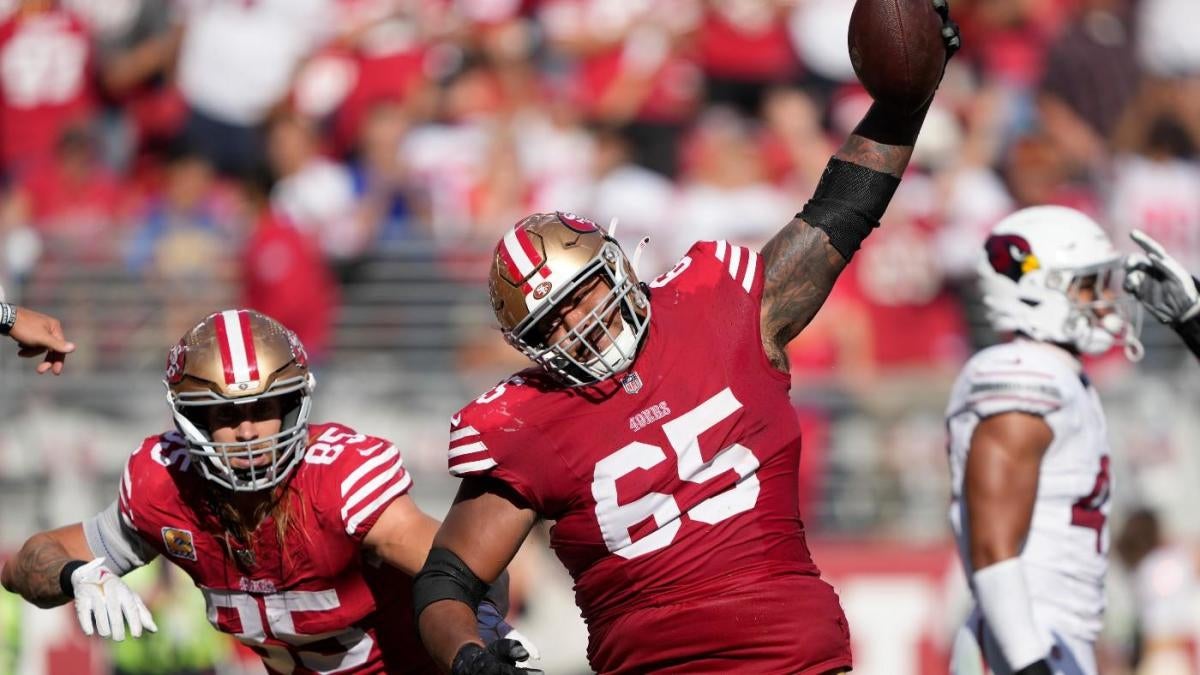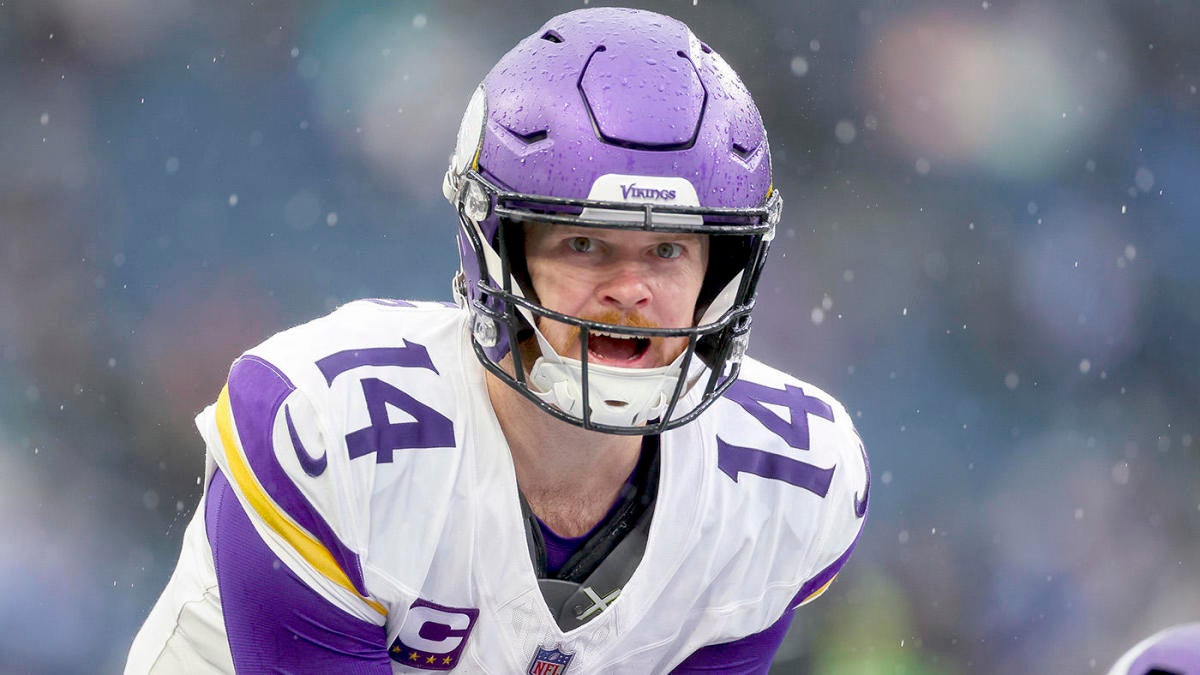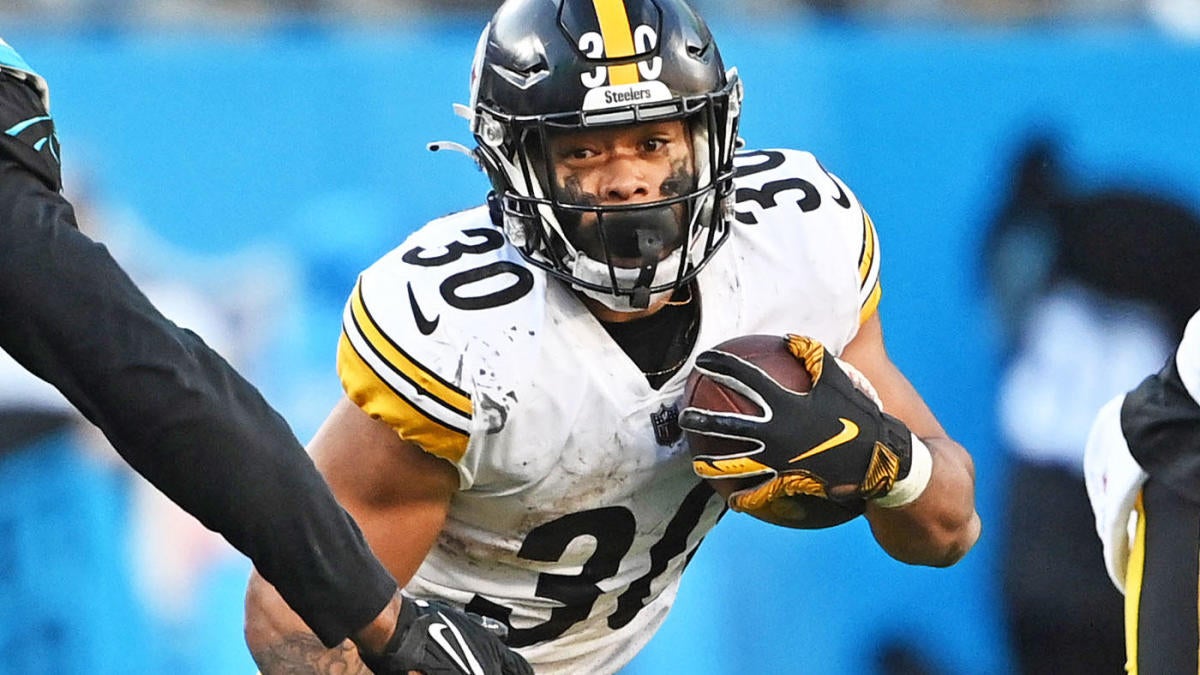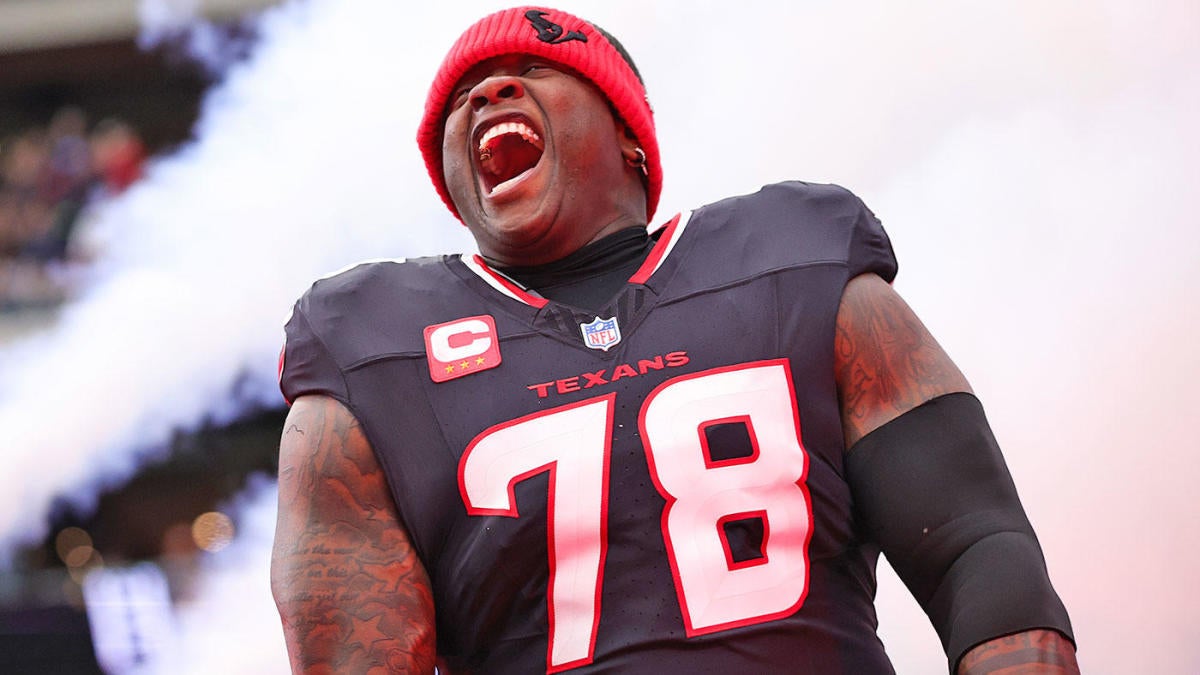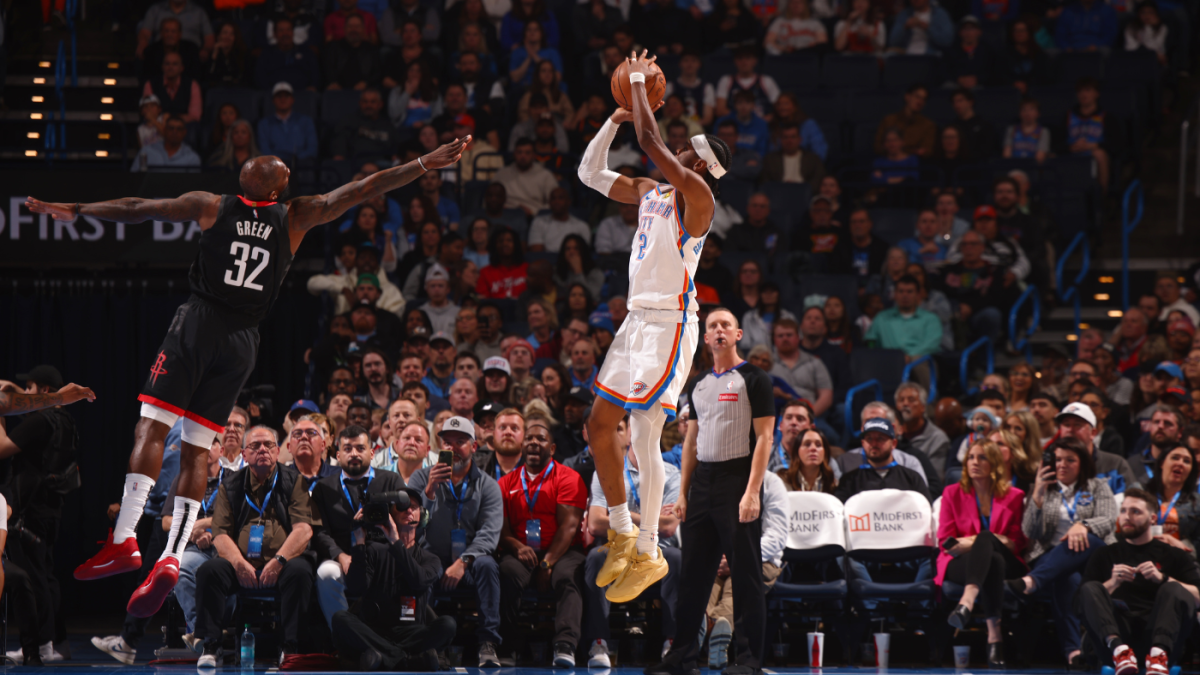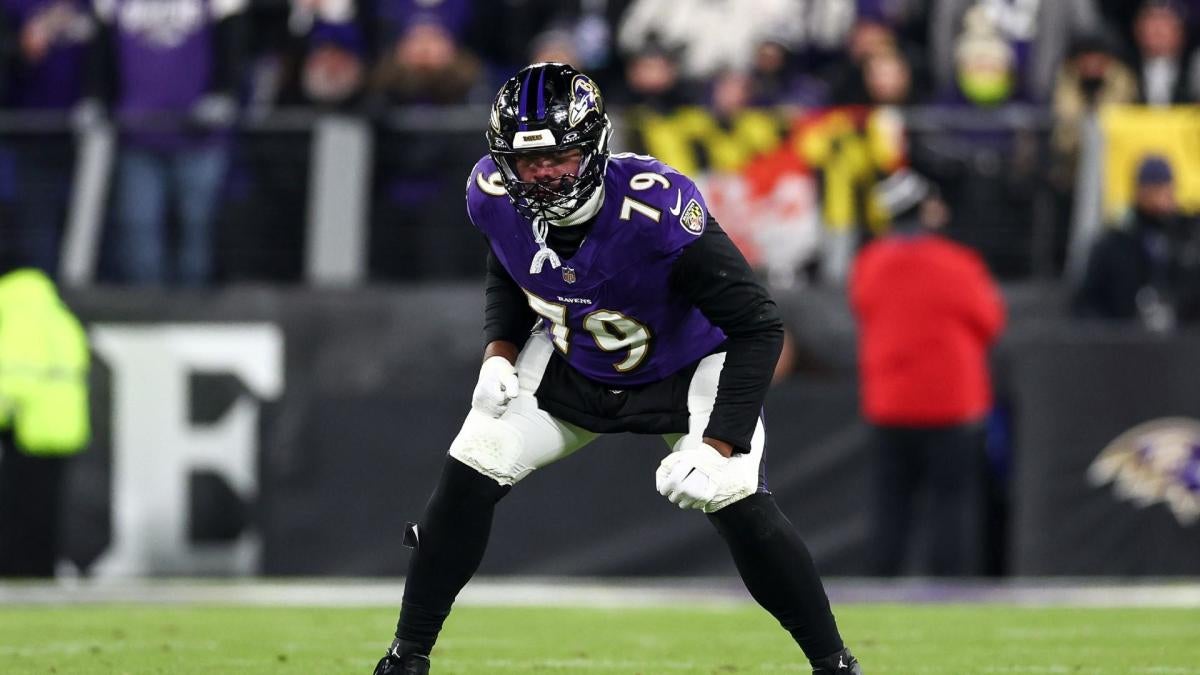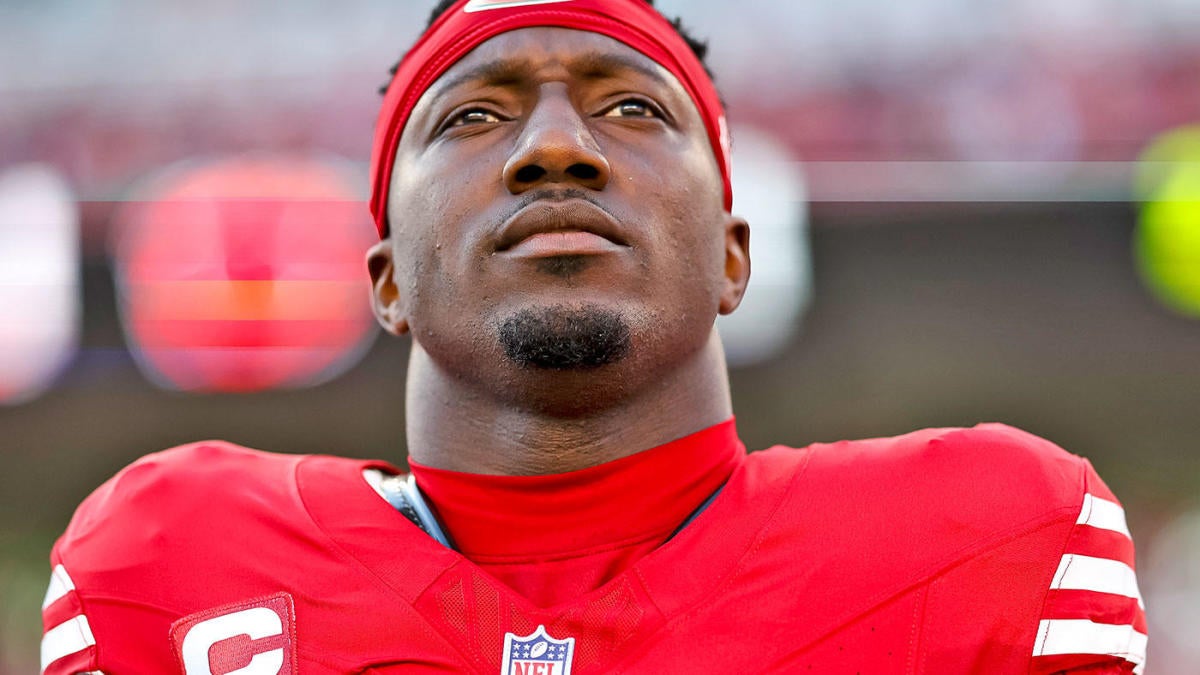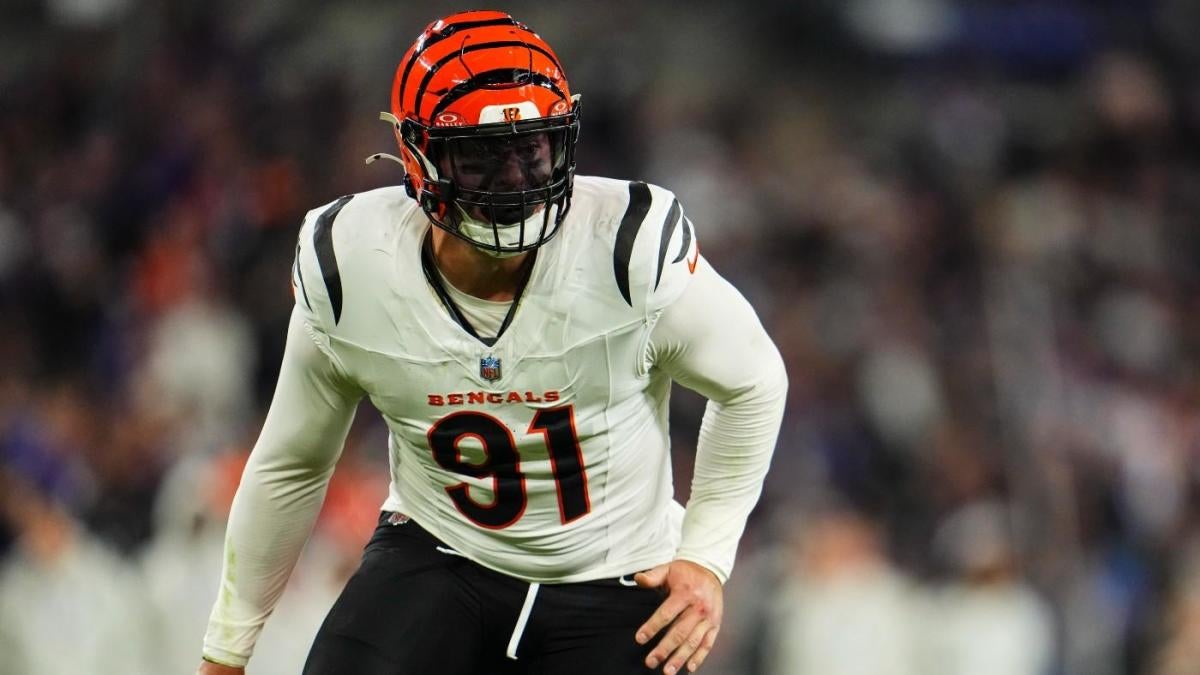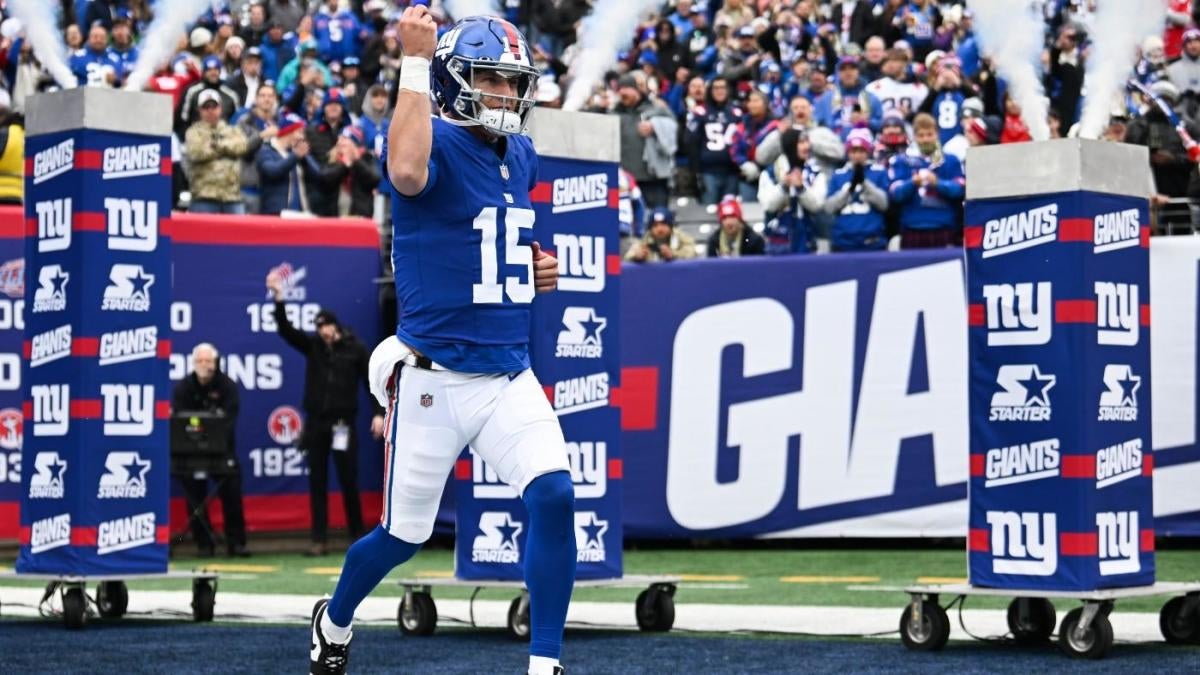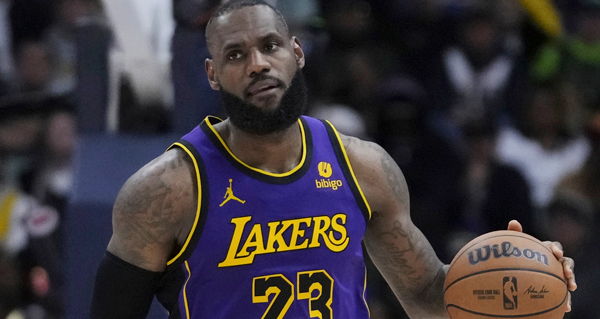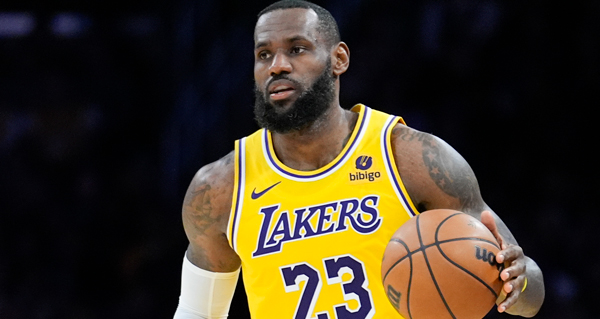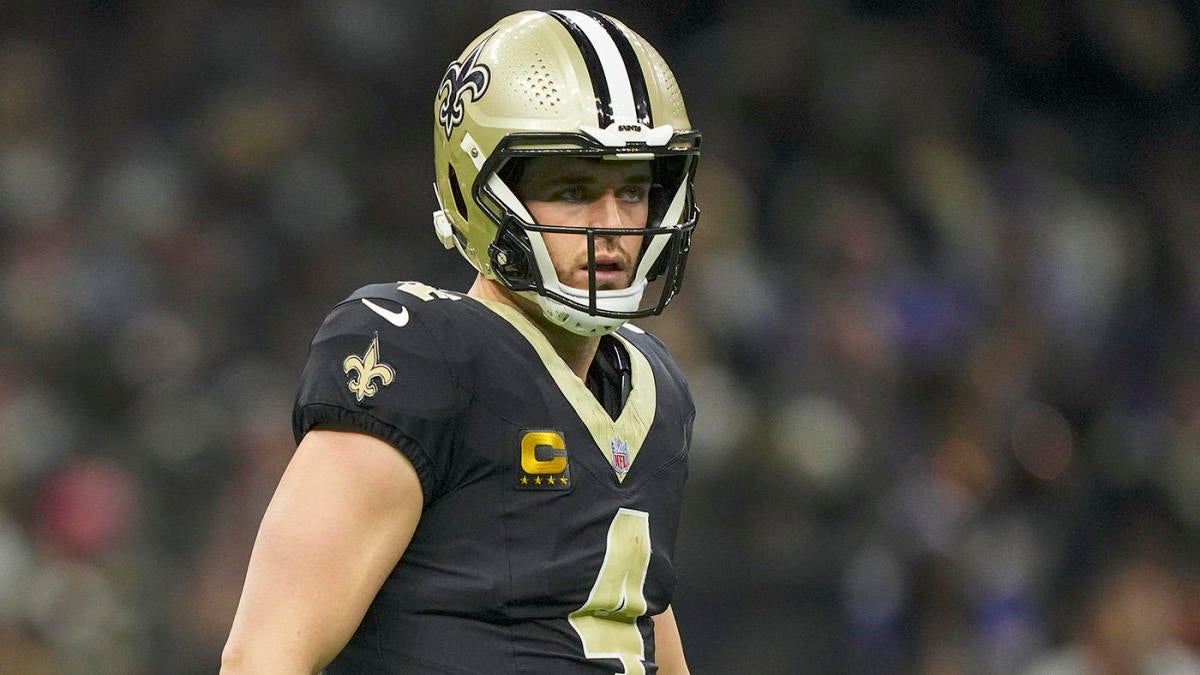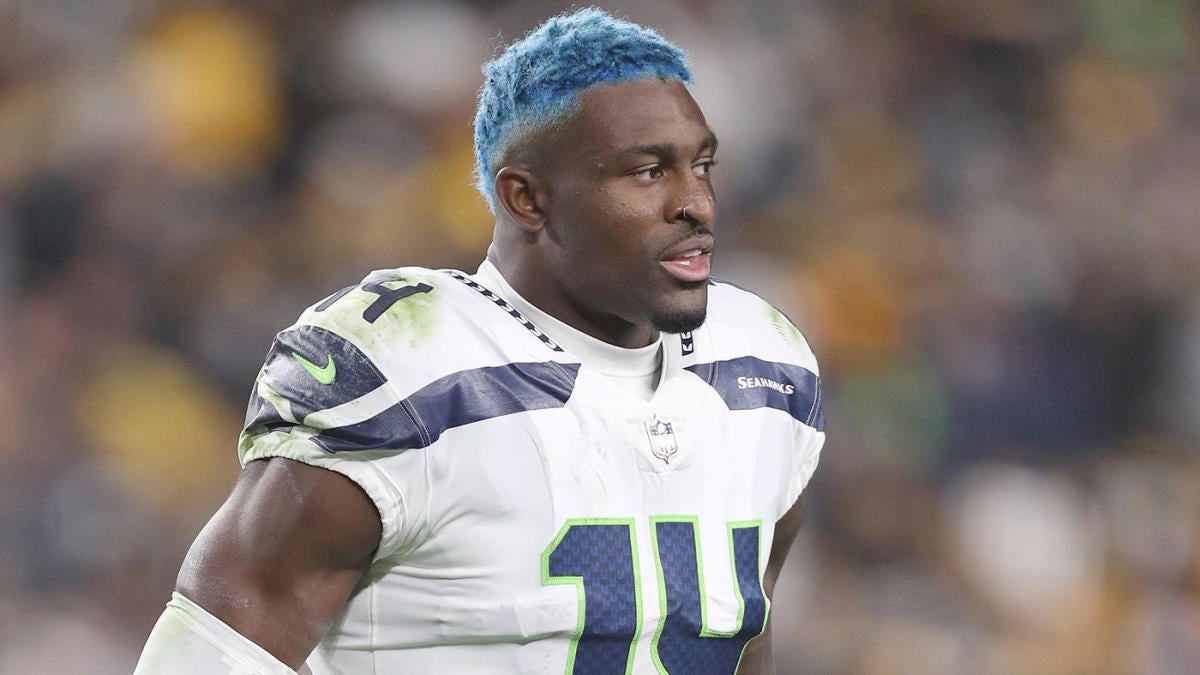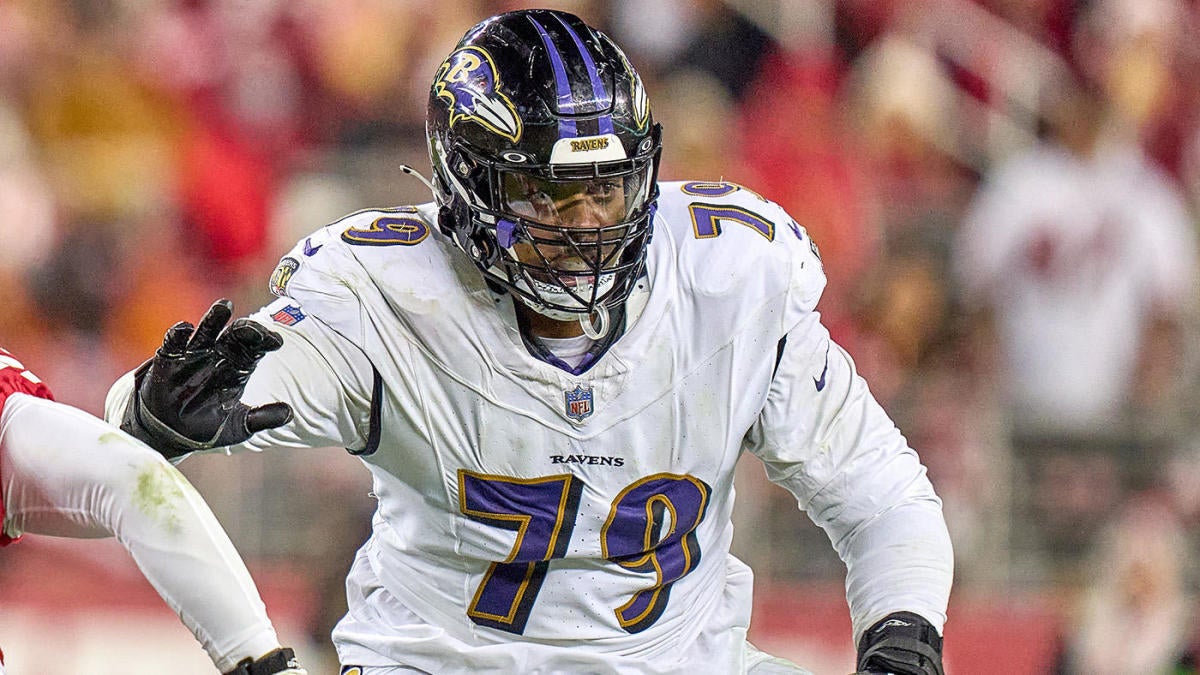
Amid discussions about load management, it appears that the NBA and NBA Players Association are in negotiations on a rule that would encourage the league’s best players to play as much as possible. In theory, that makes plenty of sense, but in fact, most voters already take games played into consideration when voting for the major awards, specifically, MVP.
However, under the proposal (subscription required), there would be a threshold that top players would have to reach to officially appear on the ballot. If the number of games is set fairly high, say 70, then that could eventually hurt players such as Joel Embiid, who is considered one of the two main candidates for the award along with reigning two-time MVP Nikola Jokic.
The new NBA rule could hurt Joel Embiid’s chances of winning the award going forward.
Embiid has yet to play 70 games in a single season, or even the equivalent during the two pandemic-affected seasons. Since Embiid has finished second behind Jokic each of the last two seasons in MVP voting, having him potentially not qualify for the award beginning as soon as next season would seem unfair.
Then again, the point of the proposed rule change is to get the league’s stars to suit up and play more, and that could motivate both Embiid and the 76ers to have him play as much as possible. Of course, that could ironically have the opposite effect. What happens if he or another candidate for a major award gets injured through no fault of their own?
The minimum games played threshold could penalize them, particularly financially, since bonuses are sometimes tied to winning awards. Then, what happens if a team keeps a player out a game or two longer than necessary to avoid the possibility of paying said player that bonus?
The new NBA rule could help Nikola Jokic’s chances of winning the award in the future.
The obvious compromise is to set the threshold at 62 games or more than 75% of the regular 82-game schedule. That’s a fairly low bar to reach, and it wouldn’t exclude top players from being considered if they only played 68 or 69 games. Even then, that could benefit Jokic. Part of Jokic’s appeal is that he puts up big numbers while rarely actually missing games.
Over the past four seasons, including this year, he has only missed 14 games while averaging an outrageous 24.5 points, 11.6 rebounds, and 8.2 assists on 57.4% shooting in that span. Adding a minimum game-played threshold reinforces to the voters that the number of games played matters a lot and Embiid simply can’t compete in that regard.
Ultimately, the decision to address load management among stars by setting a minimum games-played threshold makes some sense. Despite that, the potential rule change could hurt a perennial MVP candidate in Embiid and help a two-time winner in Jokic.
Go to Source
Author: Cal Durrett
